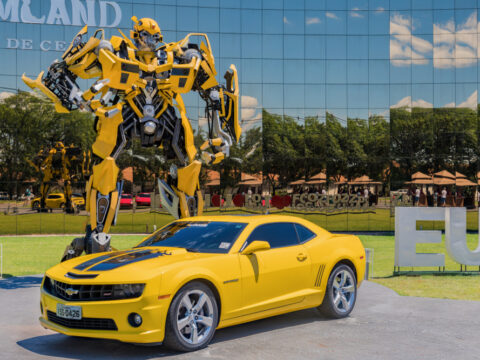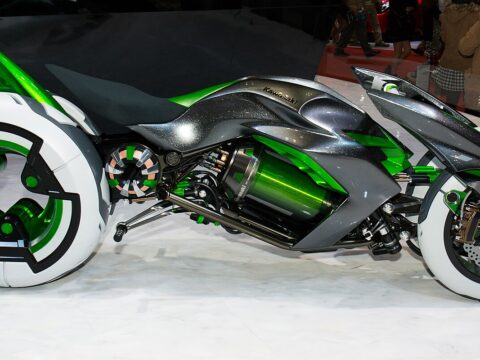Buying a car is a significant investment, and while the allure of a shiny new vehicle can be strong, it’s crucial to consider the long-term financial implications of your purchase. Depreciation is a car buyer’s stealthiest expense, quietly eroding the value of a vehicle over time. Certain models, however, are notorious for plummeting in value faster than others, turning what seemed like a smart purchase into a costly misstep. Understanding which cars hold their value – and which don’t – can save you from financial disappointment down the road.
This article explores the world of cars that fare poorly on the resale market. From luxury sedans that lose their luster to budget vehicles that skimp too much on features, we’ve compiled a list of the 18 worst offenders when it comes to retaining their value. These cars, while perhaps appealing at first glance due to their features or pricing, are prone to rapid depreciation due to factors like reliability issues, brand perception, market trends, and high maintenance costs. Before you make your next vehicle purchase, read on to see which models might not be the wisest financial choices.
Contents
Cadillac XTS
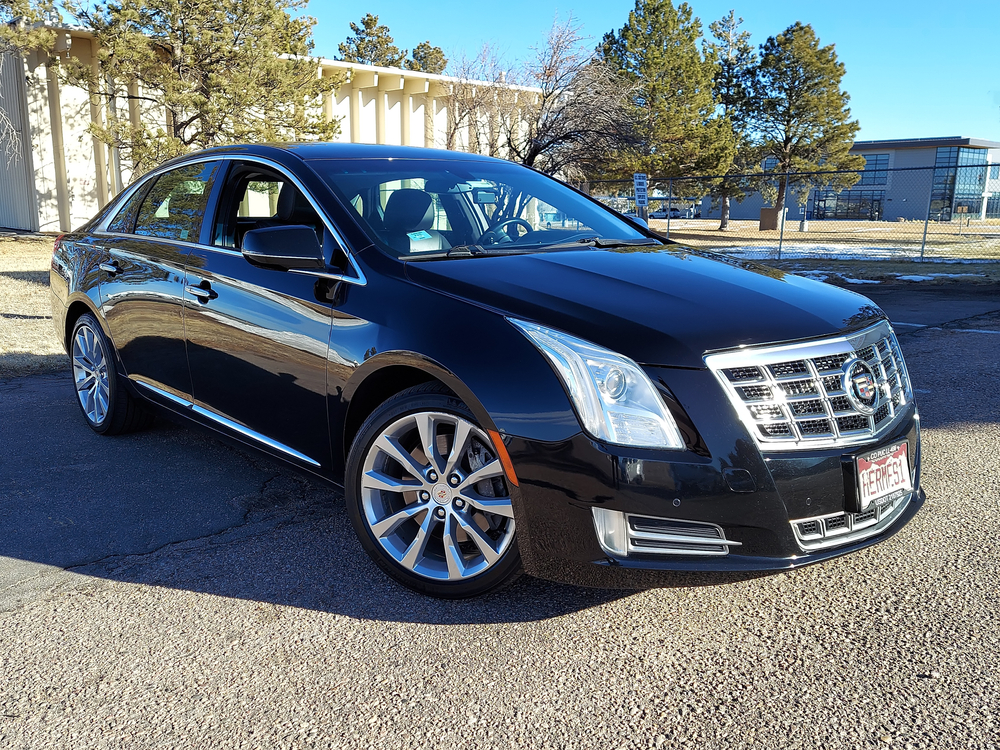
The Cadillac XTS depreciates heavily due to its positioning within a fiercely competitive luxury sedan market. Despite its plush interior and smooth ride, it is often overlooked in favor of more technologically updated models from European and Asian brands, which traditionally hold their value better. The XTS’s high initial cost and the Cadillac brand’s broader struggles with resale values compound these issues, deterring second-hand buyers.
Volkswagen Touareg
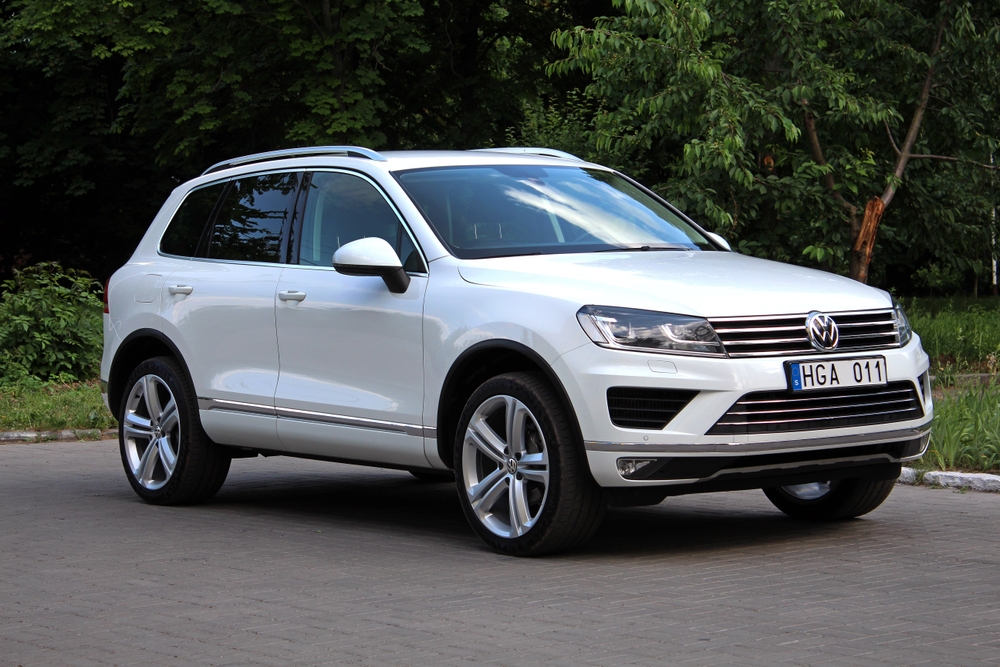
The Volkswagen Touareg experiences significant depreciation due to its higher-than-average maintenance costs and a less favorable perception in the luxury SUV segment. Its niche appeal, coupled with stiff competition from more established luxury brands, contributes to its rapid loss in value. Additionally, the high cost of parts and repairs, linked to its sophisticated engineering, makes it a less attractive option in the used car market.
Fiat 500L
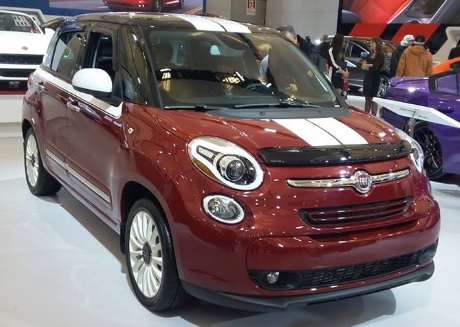
The Fiat 500L’s rapid depreciation can be attributed to its polarizing design, subpar reliability ratings, and cramped interior, which limit its market appeal. It also struggles due to the Fiat brand’s shaky reputation in the U.S. market, where consumers tend to favor more established names in the subcompact segment. These factors make it a less desirable choice among second-hand buyers, pushing its resale value down.
Dodge Dart

The Dodge Dart depreciates quickly primarily because of its discontinuation, which often leads to concerns about parts availability and service in the future. Furthermore, its average-at-best performance and reliability metrics fail to impress in a segment filled with robust competitors. This lack of standout features and the stigma of being a discontinued model work together to diminish its appeal in the used car market.
Ford Flex
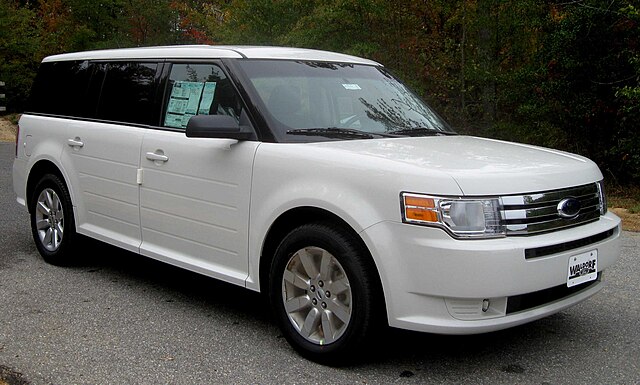
The Ford Flex faces depreciation challenges due to its distinct, boxy design, which polarizes potential buyers. While it offers spacious seating and a comfortable ride, the model’s discontinuation and the decreasing popularity of large, wagon-like vehicles contribute to its declining resale value. Its unique aesthetics either attract a small, niche group of enthusiasts or deter mainstream buyers, limiting its broader market appeal.
BMW i3
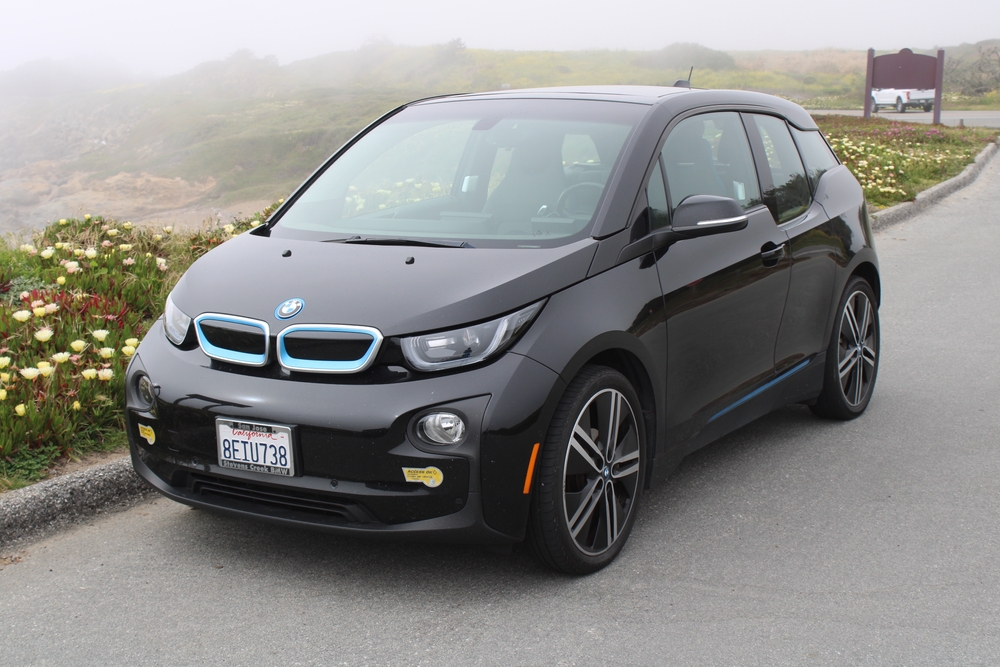
The BMW i3’s high depreciation rate is driven by the fast-paced advancements in electric vehicle technology, which quickly render older models like the i3 obsolete in terms of range and features. Additionally, the i3’s unconventional design and compact size limit its appeal in a market that favors larger, more traditional-looking EVs. This, coupled with the high cost of battery replacement and maintenance, reduces its attractiveness to second-hand buyers.
Buick LaCrosse
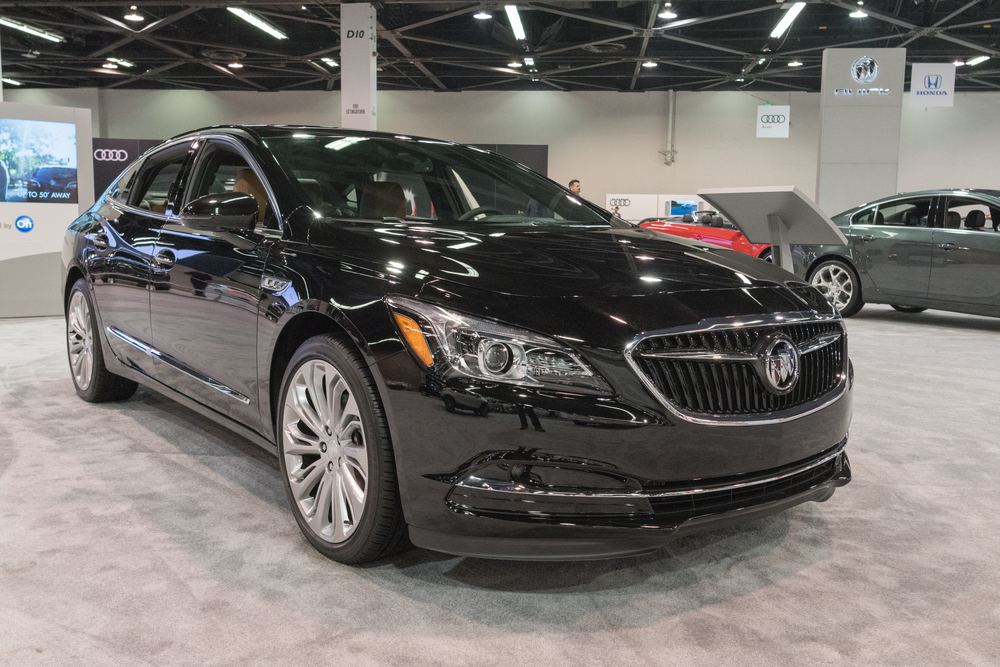
The Buick LaCrosse depreciates quickly as it battles against a reputation of being an ‘old person’s car’ and competes in a shrinking full-size sedan market. It’s often overlooked in favor of more popular and dynamically styled sedans from both luxury and non-luxury brands. Moreover, the general decline in demand for sedans, combined with Buick’s modest brand cachet in the luxury market, pushes its resale value lower.
Chevrolet Impala
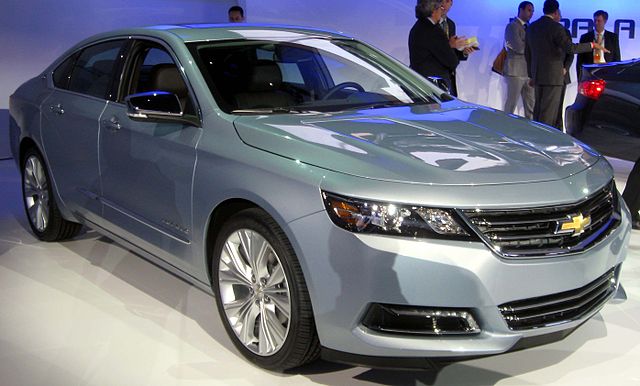
The Chevrolet Impala sees a rapid decrease in resale value due to the overall decline in consumer interest in large sedans. Coupled with the discontinuation of the Impala model in 2020, there is a general market trend towards SUVs and crossovers, leaving larger sedans like the Impala out of favor, which significantly impacts its resale potential.
Hyundai Genesis Coupe
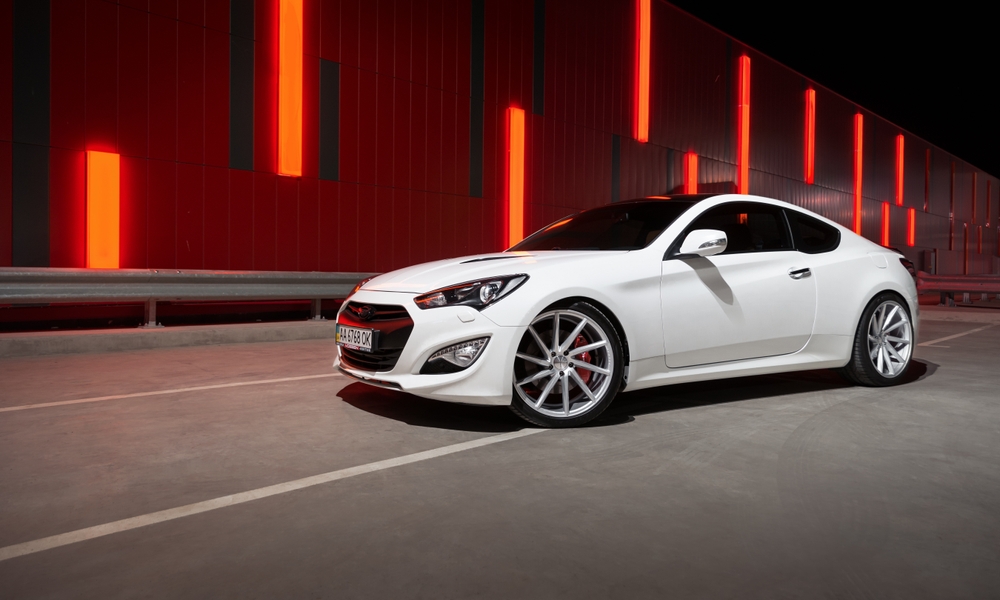
The Hyundai Genesis Coupe suffers in the resale market due to its limited target audience and strong competition from established performance brands. While it offers a respectable sports car experience, its brand recognition in the luxury and performance segments is low, leading to quicker depreciation compared to its rivals. The niche positioning and relatively lower demand for sports coupes exacerbate its resale issues.
Chrysler 200
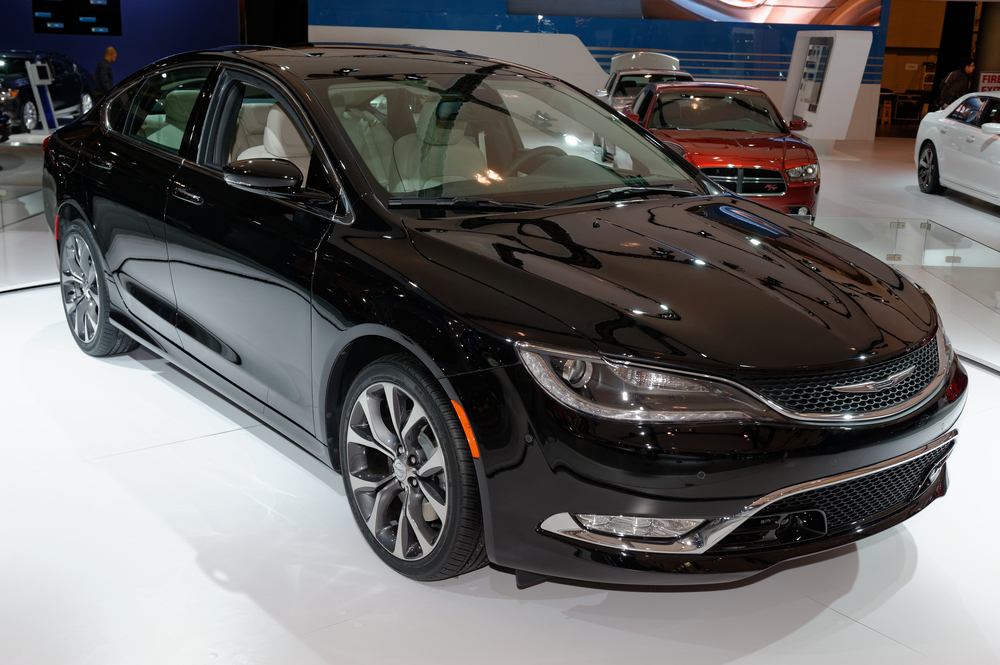
The Chrysler 200’s depreciation is notably high due to its perceived lackluster performance, unremarkable design, and poor reliability ratings. The car’s production was halted without a successor, reflecting its failure to resonate with consumers. These factors make it unattractive on the used market, further plummeting its resale value.
Nissan Leaf
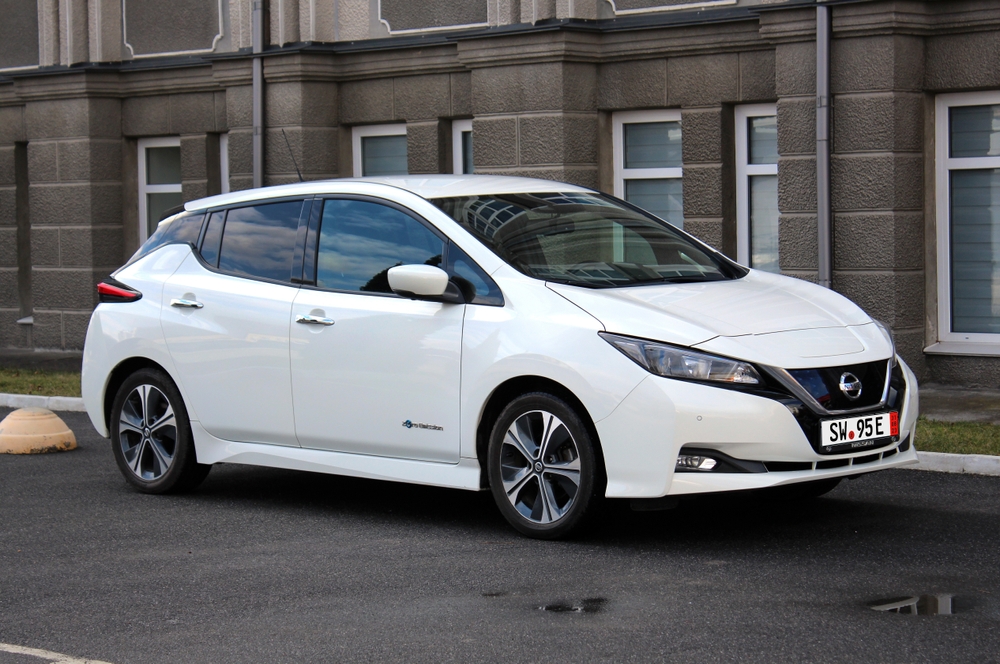
The Nissan Leaf, one of the pioneers in the electric vehicle market, suffers from rapid depreciation primarily due to concerns over battery health and the fast pace of improvements in newer EVs which offer longer ranges and more features. The early models of the Leaf have a limited range and suffer from battery capacity loss over time, which deters second-hand buyers looking for more reliable and longer-lasting EV options. Additionally, the abundance of newer and more appealing EVs entering the market makes the older Leaf models seem less desirable.
Lincoln MKT
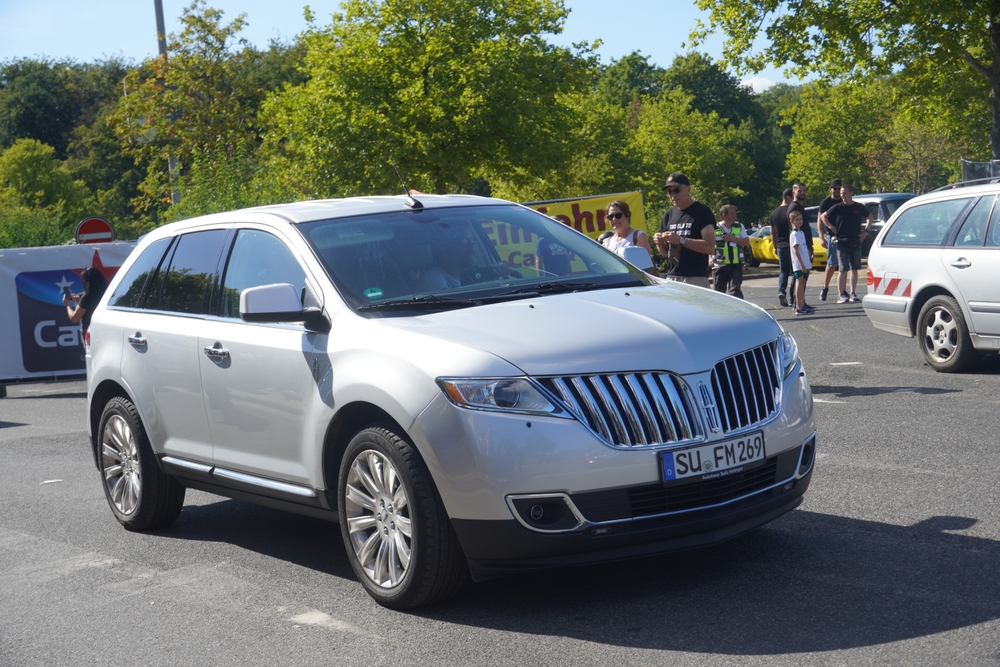
The Lincoln MKT faces steep depreciation due to its distinctive, polarizing design which has not resonated well with the broader luxury car market. Its niche status, combined with a body style that differs from the more popular SUV designs, limits its appeal. Furthermore, the MKT is perceived as a crossover alternative to the more traditional luxury sedans or full-sized SUVs, a factor that narrows its potential buyer base and impacts its resale value negatively.
Jaguar XJ
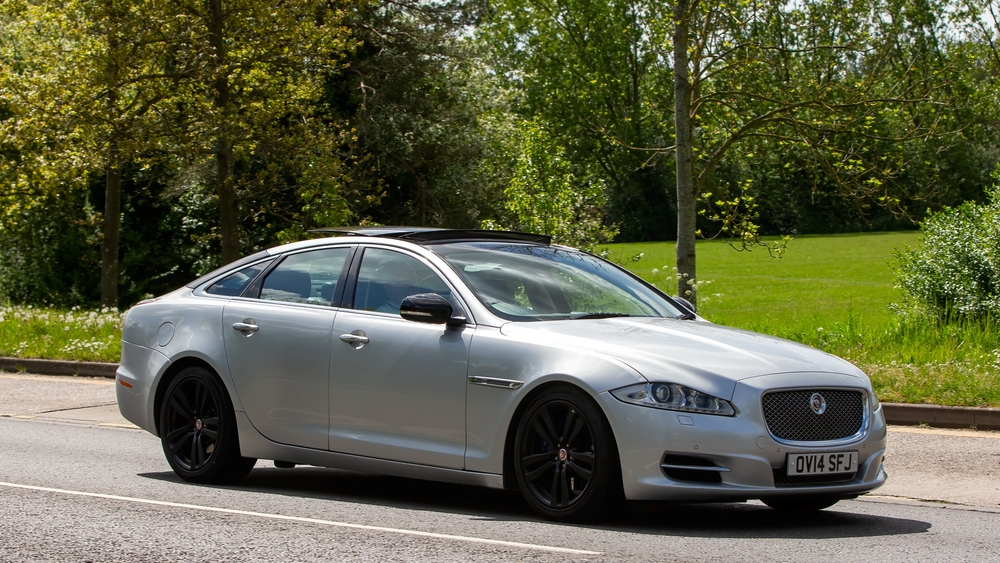
The Jaguar XJ is a classic example of a luxury sedan that depreciates quickly due to its high maintenance costs and niche market appeal. As a flagship luxury model, the XJ faces depreciation as buyers in the used luxury market tend to prefer newer models with the latest technology and design trends. Additionally, the cost of ownership, including repairs and parts, is high, which discourages many potential buyers.
Maserati Ghibli
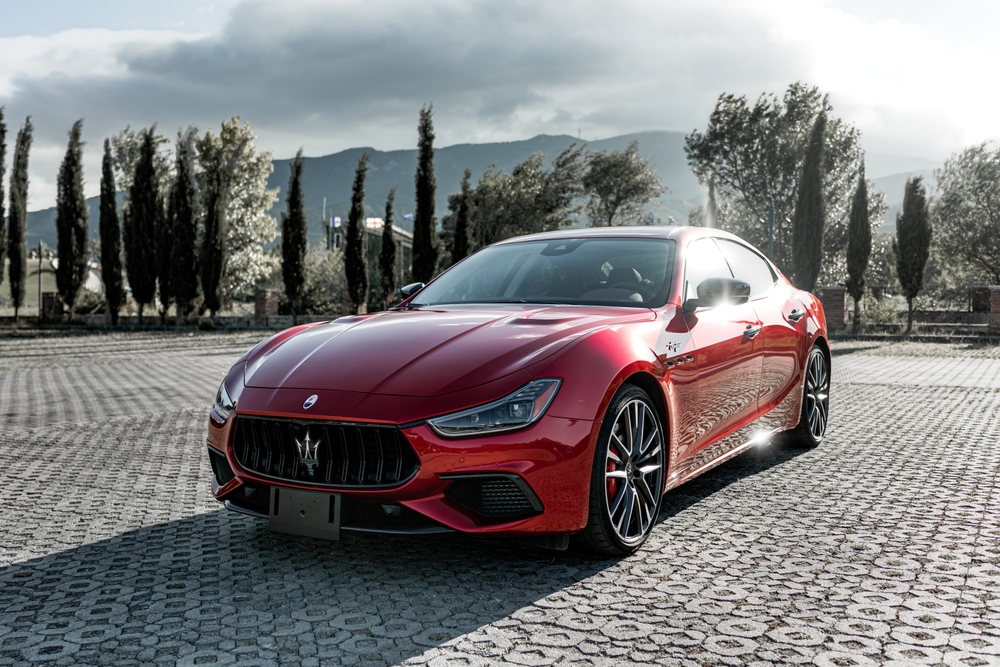
The Maserati Ghibli, despite its luxury branding and sporty appeal, experiences high depreciation. This is largely due to its high running costs and the rapid advances in the luxury car market, which often render its technology and styling outdated quickly. Additionally, Ghibli competes in a segment with fierce loyalty to established brands like Mercedes-Benz and BMW, which traditionally hold their value better.
Renault Fluence
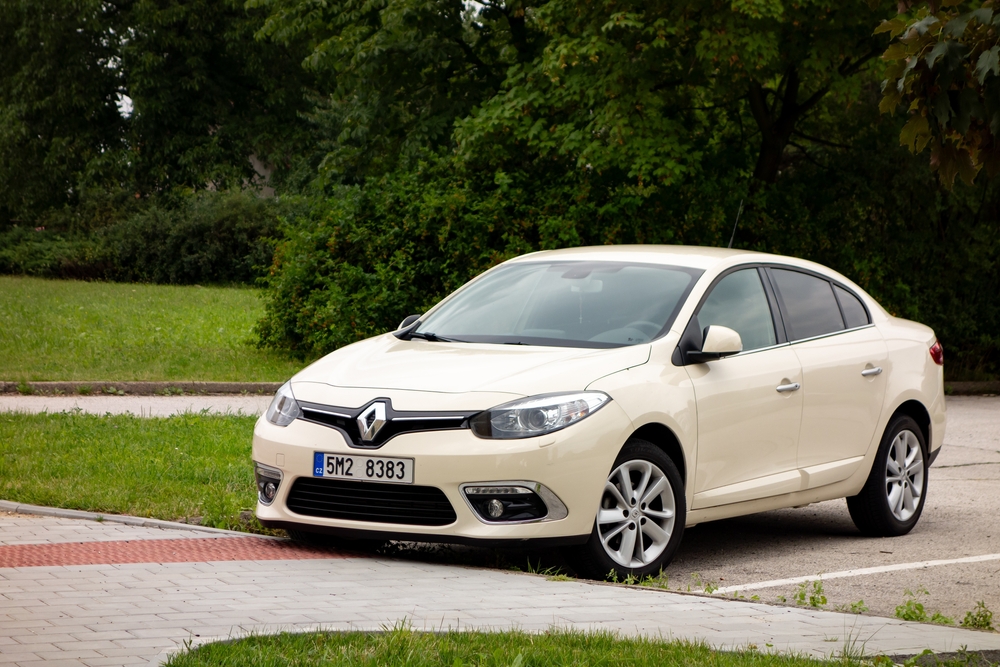
The Renault Fluence sees significant depreciation, especially in markets where the Renault brand is less established. Its low demand can be attributed to market perceptions of reliability and the availability of parts, which are common concerns among second-hand buyers. Moreover, Fluence struggles to stand out in a crowded segment where there are numerous well-established competitors.
This article originally appeared on MyCarMakesNoise.
More from MyCarMakesNoise
Top 15 Must-Have Mods for Your Classic Motorcycle Restoration

Restoring a classic motorcycle is a rewarding journey that combines passion, skill, and a love for vintage machines. To make your restoration project truly shine, incorporating some essential modifications is key. Read More.
16 Surprising Facts About the Honda Civic

The Honda Civic has long been a favorite among car enthusiasts and everyday drivers alike. Known for its reliability and efficiency, this iconic vehicle also has a few surprises up its sleeve. Read More.
25 Legendary Racing Cars from Motorsport`s Golden Age

The golden age of motorsport was a thrilling era marked by innovation, speed, and unforgettable races. This period gave rise to some of the most legendary racing cars that continue to inspire awe and admiration. Read More.


